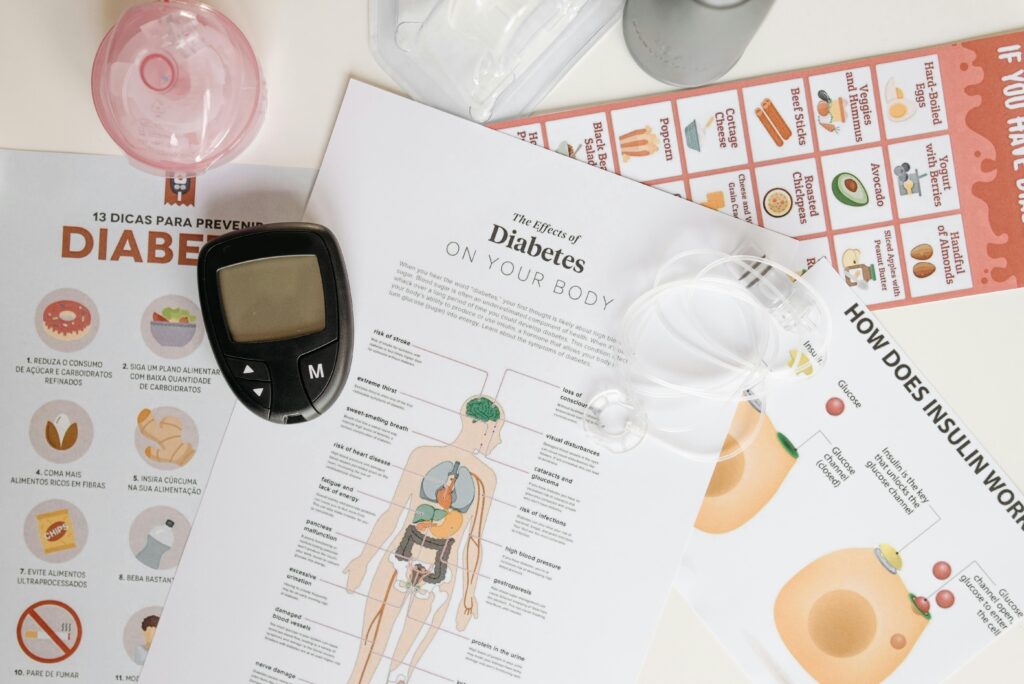As we age, it is natural to forget small things now and then. Misplacing keys, struggling to recall names, or forgetting an appointment may happen more often in later years. But while occasional forgetfulness is a part of aging, it can still be frustrating for elders and worrying for families. The good news is, there are simple ways to cope and make daily life easier.
Why Forgetfulness Happens
Forgetfulness can occur due to normal age-related changes in the brain. Stress, lack of sleep, certain medications, or even dehydration can also affect memory. Sometimes, frequent forgetfulness may point to medical conditions such as mild cognitive impairment or dementia. That is why it is important for families to observe patterns and seek medical advice if memory problems interfere with daily life.
Practical Tips for Elders
- Stay organized: Keep important items like glasses, keys, or medicines in fixed spots at home.
- Use reminders: Write notes, use calendars, or set alarms on a phone to remember appointments and tasks.
- Stay mentally active: Read, play word games, solve puzzles, or try learning something new.
- Sleep well: A good night’s rest helps the brain store and recall memories better.
- Eat for the brain: Foods rich in omega-3, nuts, seeds, and plenty of fruits and vegetables support brain health.
- Exercise regularly: Even a daily walk improves blood flow to the brain and supports memory.
Supportive Tips for Families
- Be patient: Repeating questions or forgetting details is not intentional. Respond with kindness and calm.
- Encourage independence: Allow elders to do tasks on their own with gentle reminders, instead of taking over everything.
- Create routines: A fixed schedule for meals, medicines, and sleep helps reduce confusion.
- Keep communication simple: Use short, clear sentences and repeat if necessary without frustration.
- Celebrate small wins: Appreciate when elders remember or complete tasks. Positive reinforcement builds confidence.
When to Seek Help
If forgetfulness worsens, affects daily living, or comes with mood changes, confusion, or difficulty in decision-making, it is important to consult a doctor. Early diagnosis and support can make a big difference.
A Shared Journey
Coping with forgetfulness is not just the elder’s responsibility. It is a shared journey with the family. With patience, structure, and the right care, life can remain meaningful, safe, and connected.
💬 Have you faced challenges of forgetfulness in your family? What helped you cope?
Share your experiences in the comments below and let others learn from your journey. And don’t forget to share this blog with friends and loved ones—it might help them too.





